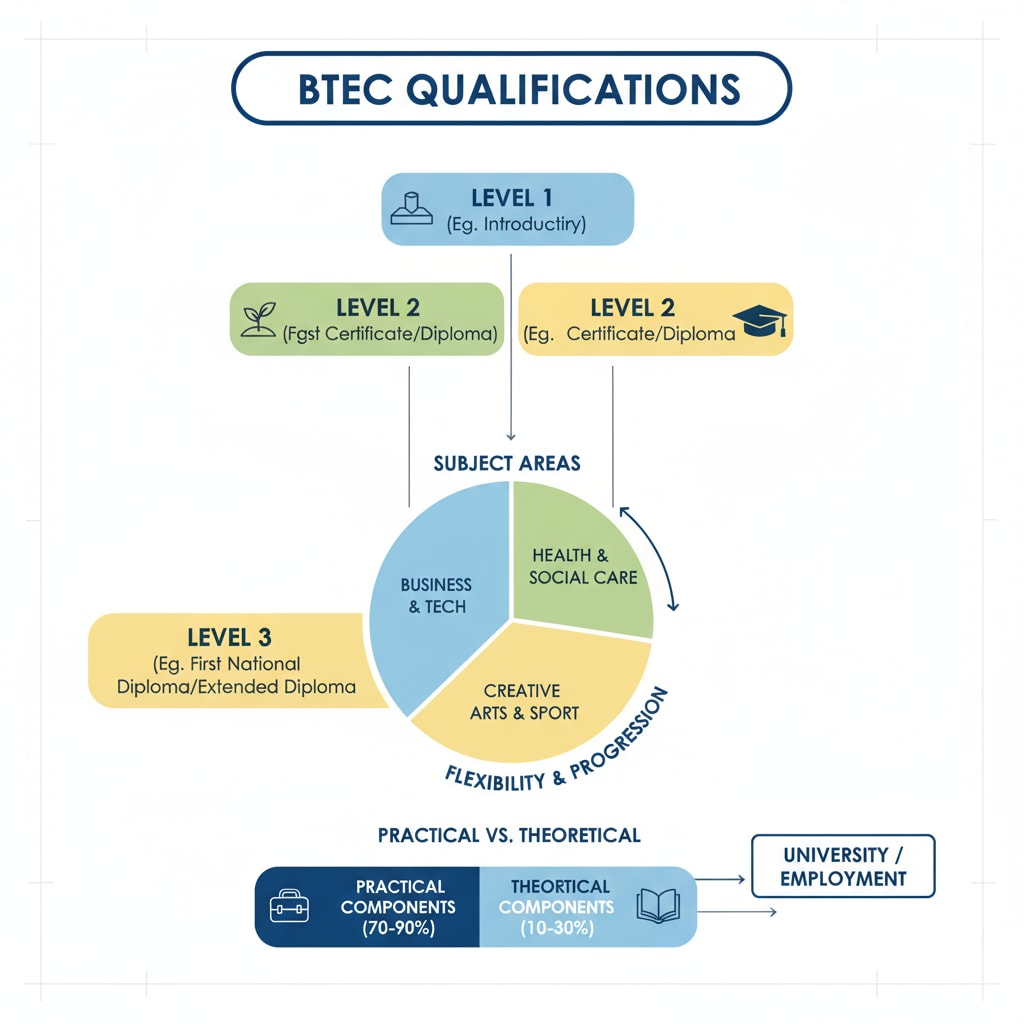For students aspiring to study at Japanese universities, the question of whether UK BTEC qualifications meet the entry requirements is a crucial one. Alongside A-Levels, BTECs play a significant role in the educational landscape of students considering international study. Understanding the intricacies of how these qualifications are perceived in Japan is essential for a successful留学申请(study abroad application).

The Landscape of Japanese University Admissions
Japanese universities have a diverse set of entry requirements. Generally, they assess students based on academic achievements, language proficiency, and sometimes, interviews or entrance exams. For international students, the evaluation process can be complex, as it involves understanding the equivalence of their home country qualifications. According to Japan Student Services Organization (JASSO), the organization responsible for promoting international education in Japan, different qualifications are treated differently. A-Levels are relatively well-known in the Japanese educational system, but BTEC qualifications present a unique case.
BTEC Qualifications: An Overview
BTEC (Business and Technology Education Council) qualifications are vocational and academic awards in the UK. They cover a wide range of subjects, from business and engineering to creative arts. These qualifications are designed to provide students with practical skills and theoretical knowledge. However, when it comes to Japanese university admissions, the practical focus of BTECs may need to be translated into an academic context suitable for Japanese higher education. For example, a BTEC in engineering might require additional evidence of theoretical knowledge to meet the standards set by Japanese engineering programs. As explained on Edexcel’s official website, BTECs are structured in a way that emphasizes hands-on learning, which could be a strength but also a challenge in the Japanese academic environment.

Challenges in Qualification Conversion
One of the main challenges for students with BTEC qualifications applying to Japanese universities is the conversion of these qualifications into an equivalent recognized by Japanese institutions. Since BTECs have a different structure and assessment method compared to traditional Japanese high school qualifications or other commonly recognized international qualifications like A-Levels, it can be difficult for Japanese universities to directly evaluate a student’s academic ability. In addition, the lack of widespread awareness of BTECs among Japanese admissions officers may lead to misunderstandings. Students may find themselves having to provide extra documentation or explanations to prove the worth of their BTEC qualifications.
Strategies for Success
To overcome these challenges, students with BTEC qualifications should take proactive steps. Firstly, research thoroughly about the specific requirements of the Japanese universities they are applying to. Some universities may have clear guidelines on how to evaluate BTEC qualifications, while others may be more flexible. Secondly, consider taking additional courses or exams to supplement their BTEC qualifications. For example, taking standardized tests like the SAT or ACT can provide an additional measure of academic ability. Finally, build a strong personal statement and reference letters that highlight the skills and knowledge gained through the BTEC program. By demonstrating their potential and adaptability, students can increase their chances of being accepted into Japanese universities.
Readability guidance: The article uses short paragraphs to make it easier to read. Key points are presented in a clear manner, and external links are provided for further information. Transition words like “however,” “in addition,” and “firstly” are used to make the flow of the article smooth. Each section focuses on a specific aspect of the topic, from the admissions landscape to strategies for success.


